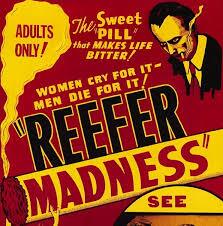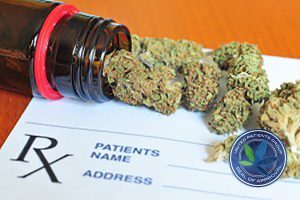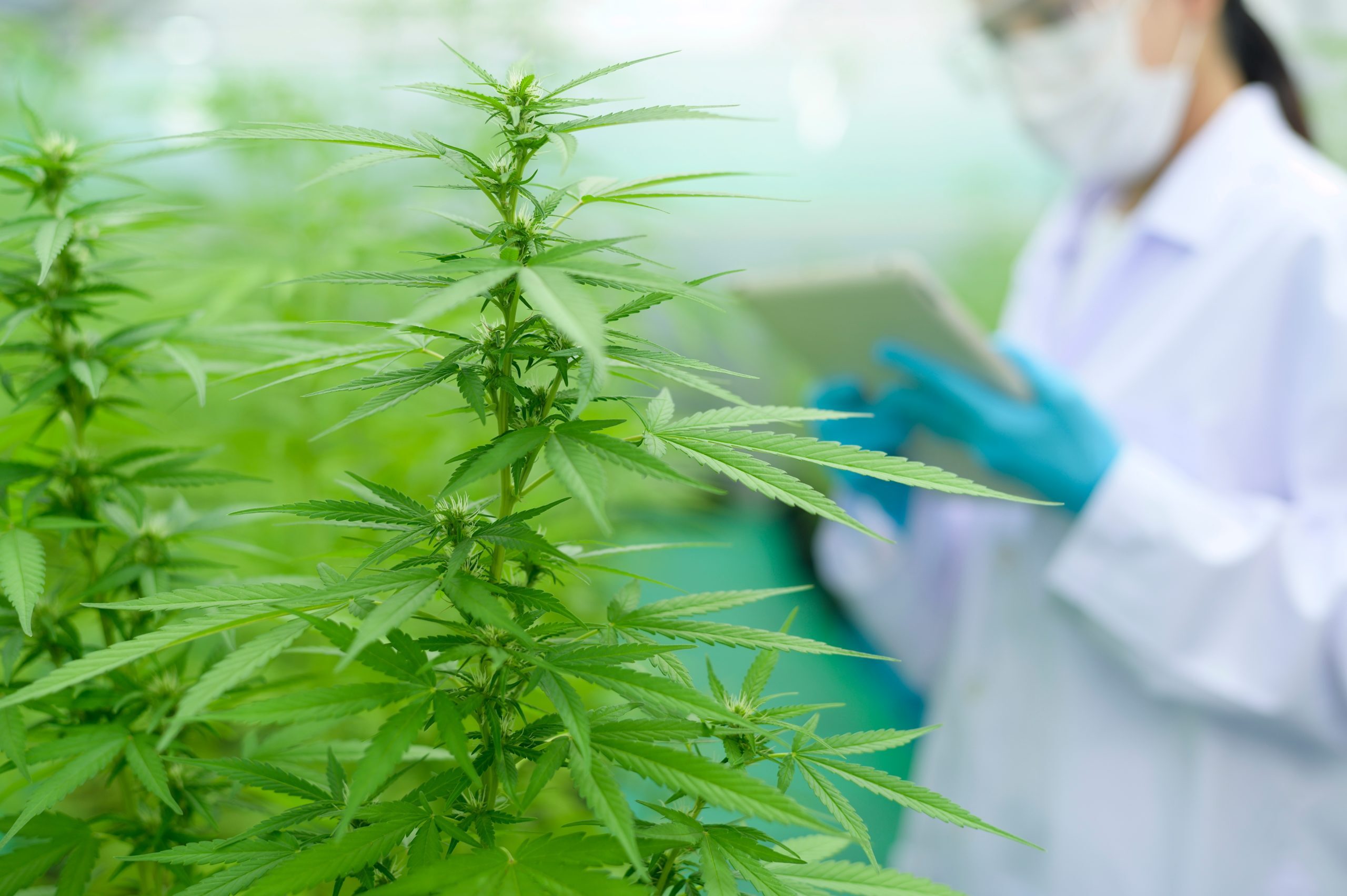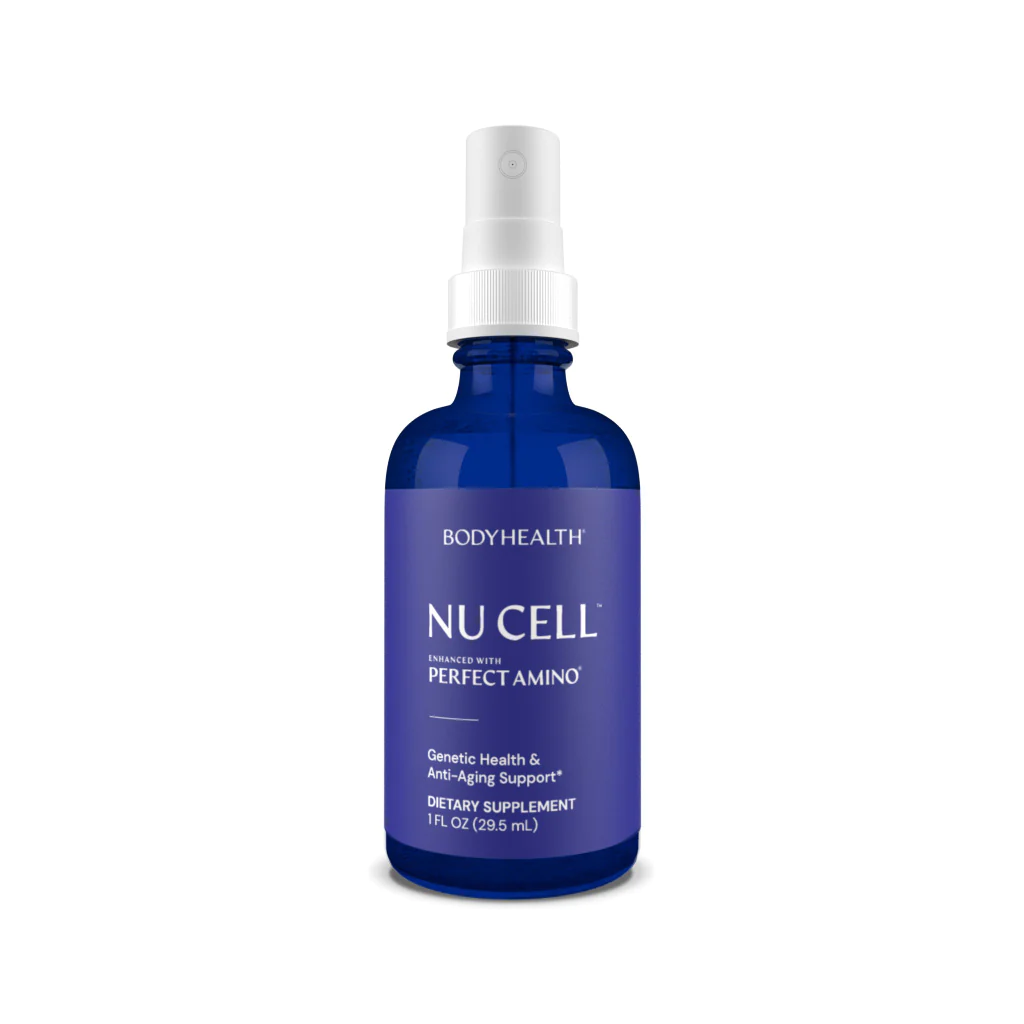Article Topics
 Although there is ample evidence of effective use for medical reasons, there is still stigma attached to the use of cannabis for medicinal purposes. This underlying stigma causes stress and isolation for patients, and can often force potential patients to postpone or altogether forego treatment due to fear of being ostracized.
Although there is ample evidence of effective use for medical reasons, there is still stigma attached to the use of cannabis for medicinal purposes. This underlying stigma causes stress and isolation for patients, and can often force potential patients to postpone or altogether forego treatment due to fear of being ostracized.
To address the stigma, we’d like to cover reasons surrounding the stigmatization of medical cannabis, resulting effects on treatment and health, and how to handle the stigma in an effective, positive way.
In the early 20th century, cannabis was made illegal, and what followed became known as “Reefer Madness.” Disinformation about cannabis was perpetuated, and it quickly became attached to negative ideas and messages.
Negative messaging persisted throughout the 20th century – from “Reefer Madness” in  the late 1930’s, to the War on Drugs and “Just Say No” campaign of the 80’s and 90’s – and the idea of marijuana use, even for medical reasons, became firmly embedded in the nation’s mind as a dangerous drug. Although times appear to be changing, and the idea of marijuana use, both for medicinal and recreational purposes, is becoming more acceptable, many patients and potential patients still suffer from stigmatization and the fear of being ostracized by society.
the late 1930’s, to the War on Drugs and “Just Say No” campaign of the 80’s and 90’s – and the idea of marijuana use, even for medical reasons, became firmly embedded in the nation’s mind as a dangerous drug. Although times appear to be changing, and the idea of marijuana use, both for medicinal and recreational purposes, is becoming more acceptable, many patients and potential patients still suffer from stigmatization and the fear of being ostracized by society.
Besides negative messaging from the media and from social groups, patients have another reason to feel uneasy about medicinal cannabis use. Due to conflict between state and federal laws, the legality of marijuana remains in a gray area. Following California’s 1996 Proposition 215 Compassionate Use Act, which states that patients may use marijuana for medical purposes with the recommendation of a physician, 23 states have legalized medicinal cannabis, and Washington, Alaska, Oregon, Colorado, and the District of Columbia have made the use of marijuana for recreational purposes legal. However, the federal government still maintains that the sale and use of marijuana, for whatever reason, is illegal. Thus, the gray area many patients and users find themselves in. The somewhat dubious status of medical marijuana only serves to give power to the stigma of use for medicinal purposes.
 In 2009, interviews were conducted by Travis D. Satterlund, Ph.D., J.D., Juliet P. Lee, Ph.D., and Roland S. Moore, Ph.D. on 18 medical cannabis patients to determine the effects of stigmatization of marijuana on health and treatment. The ages of subjects studied ranged from 19 to 66 and had a median age of 41. Level of education, occupation, and race were not taken into consideration for the study.
In 2009, interviews were conducted by Travis D. Satterlund, Ph.D., J.D., Juliet P. Lee, Ph.D., and Roland S. Moore, Ph.D. on 18 medical cannabis patients to determine the effects of stigmatization of marijuana on health and treatment. The ages of subjects studied ranged from 19 to 66 and had a median age of 41. Level of education, occupation, and race were not taken into consideration for the study.
The study concluded, based on answers from the patients and previous similar studies, that the stigma of cannabis use, even for medical purposes negatively impacts how and when patients receive treatment, and the overall level of healthcare patients receive.
In some cases, patients waited months or even years before considering cannabis as a viable treatment option for their maladies due to fear of social discrimination. Seventeen of the subjects studied circumvented their regular physician, choosing instead to seek an entrepreneurial clinic or consultant to obtain a medical marijuana license. The one subject who did obtain a medical marijuana recommendation from her physician only did so after a suggestion from her nurse. Due to stigma, the subject did not feel comfortable broaching the subject on her own.
Due to the stigma of cannabis use, patients often avoided necessary treatment for lengthy periods of time. The study did not include subjects who wished to use cannabis as a treatment, but refrained because of fear of judgment. However, by studying similar cases of stigma and health, such as HIV/AIDS patients, and mental health patients who avoid treatment due to stigma, the study concluded that many potential patients most likely forego treatment altogether.
cannabis as a treatment, but refrained because of fear of judgment. However, by studying similar cases of stigma and health, such as HIV/AIDS patients, and mental health patients who avoid treatment due to stigma, the study concluded that many potential patients most likely forego treatment altogether.
Because study participants revealed that they would avoid recommendations from their regular physicians, the study also concluded that patients were receiving less than ideal healthcare. Physicians who know the patient and his or her medical history are more likely to give better advice and recommendations than an entrepreneurial enterprise that has no previous history with the patient.
The most curious thing is that many of the patients interviewed expressed having initial doubts over the validity of medical marijuana use themselves. It can only be assumed that persistent negative messaging led patients to initially hold the belief that medical marijuana was just a guise for most people to “score some weed.” This was compounded by the fact that most of the subjects had used cannabis recreationally in their past.
 Many contradictions and gray areas overlapped in the eyes of the subjects to produce a feeling of discomfort. Some felt that marijuana was viewed by their social network as a dangerous drug that will sap the motivation of the user, turning them into a “pothead,” and therefore kept their use concealed.
Many contradictions and gray areas overlapped in the eyes of the subjects to produce a feeling of discomfort. Some felt that marijuana was viewed by their social network as a dangerous drug that will sap the motivation of the user, turning them into a “pothead,” and therefore kept their use concealed.
In every instance, these feelings of discomfort resulted in the need for the subject to justify their use. Some subjects made references to the numerous health benefits of cannabis. Others compared the use of medical cannabis to any other medication prescribed by a physician.
“I see it the same way as any other kind of prescription. I don’t tell people, and they don’t tell me. I bet there’s a whole bunch of people that I know who take something like Prozac but don’t announce it. And I don’t announce it that I smoke marijuana to feel better. It’s pretty simple that way.”
Others tended to compare the benefits of medical cannabis to the evils of big pharma, or the negatives of legal drugs such as alcohol and tobacco.
“Most people seem to be misinformed, and this includes lawmakers. They see it as black and white. Marijuana is bad. Drugs are bad. Yet, they have no problem drinking their scotch, smoking their cigars. They have no idea how incredibly beneficial cannabis can be.”
The study, as mentioned before, concludes that the stigmatization of cannabis results in patients postponing treatment, or foregoing treatment altogether. Patients who do seek treatment find it necessary to circumvent their regular physician and justify their use. To help combat the feeling of stigma, we’ve put together a list of tips to help you cope with any discomfort or judgment you may be feeling:
Patients who do seek treatment find it necessary to circumvent their regular physician and justify their use. To help combat the feeling of stigma, we’ve put together a list of tips to help you cope with any discomfort or judgment you may be feeling:
-
Start by telling someone you trust.
Telling someone you know who has your best interests at heart is a great place to begin. This could be a spouse, significant other, friend, or family member. Discussing the reasons for your decision can bolster your confidence and significantly reduce stress and the fear of stigma and judgment.
-
Discuss options with your physician.
You may be fearful of judgment from someone who you seek medical advice from, but telling your physician about your medical marijuana considerations will ensure that you receive better healthcare, and potentially avoid drug interactions if you are being treated for other conditions. If you are worried about skepticism from peer groups, this will also lend a hand to legitimacy. Of course, always make sure you are prudent in your decision to discuss the issue with your physician. If you know that he or she holds prejudices against medical marijuana, it may be best to seek the advice of another, more accepting physician so that you receive the best healthcare possible. United Patients Group can consult with you on assessing where you live and how to source reputable, trustworthy medical advisors and resources.
-
Consider telling your children.
This may be a difficult decision for you, especially since your use might conflict with messages regarding cannabis that your children may be exposed to at school. It’s recommended that you approach the discussion just as you would for any other medications you may take. Again, this decision is up to you and you alone so make the choice you think is most prudent for your family.
-
Decide who not to tell.
If you have obtained the legal right to use medical cannabis you may still want to exercise caution before sharing your treatment with those who may be in a position of authority over you (i.e. employers, landlords, your children’s teachers, police, etc.). To ensure that you are approaching your medical cannabis use legally in your state, click here for more information on obtaining your medical marijuana card or recommendation.
Have you felt stigmatized, rejected or even discriminated against due to your status as a medical cannabis patient? Please share your experiences with us. Through awareness and intelligent discourse, the obstacles that affect the progress and acceptance of cannabis as a relevant and effective treatment will ultimately dwindle.



























I was fired from my job because I am a medical marijuana patient. Things have to change. My life changed in one tiny moment and my life ended with one simple drug test. I am not a criminal I am a person.